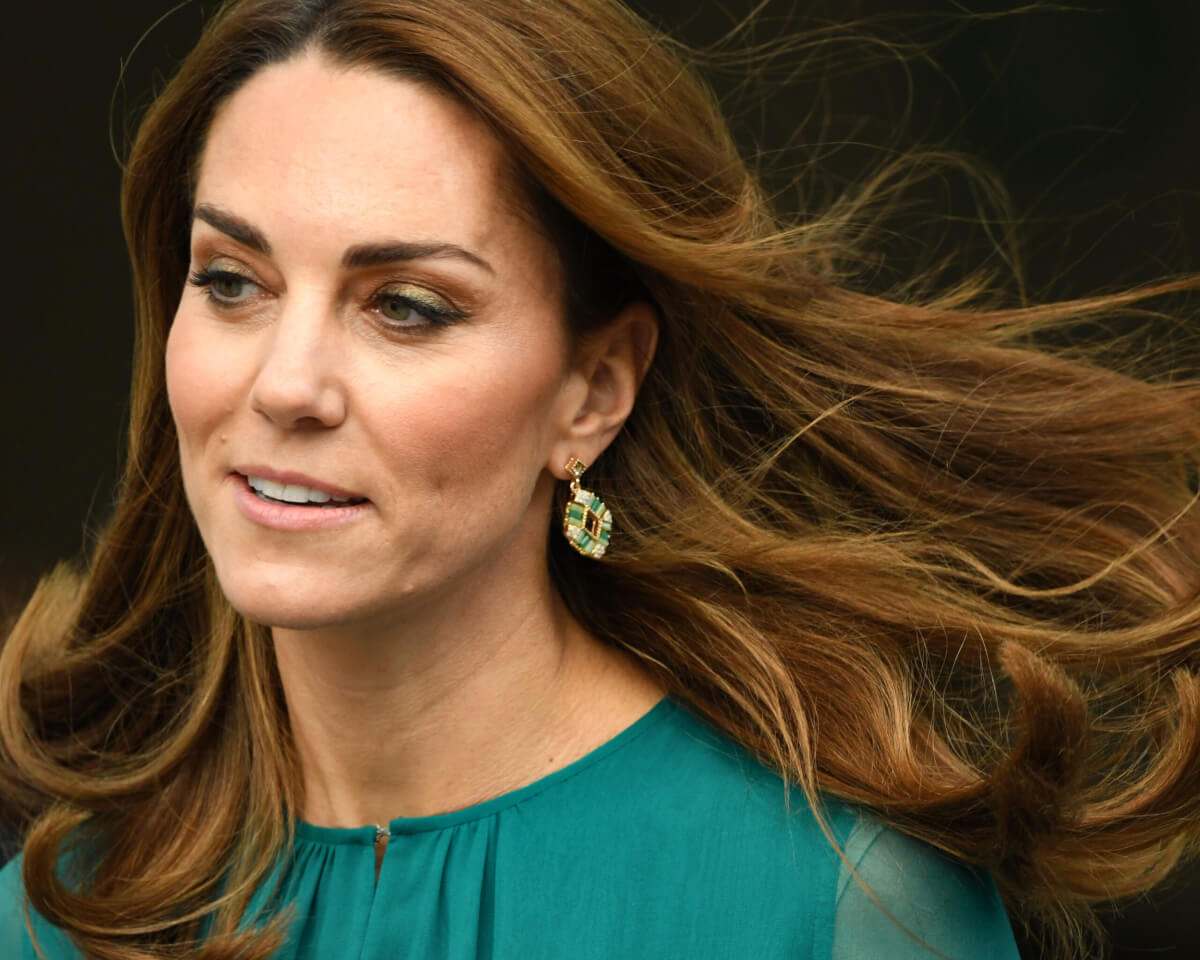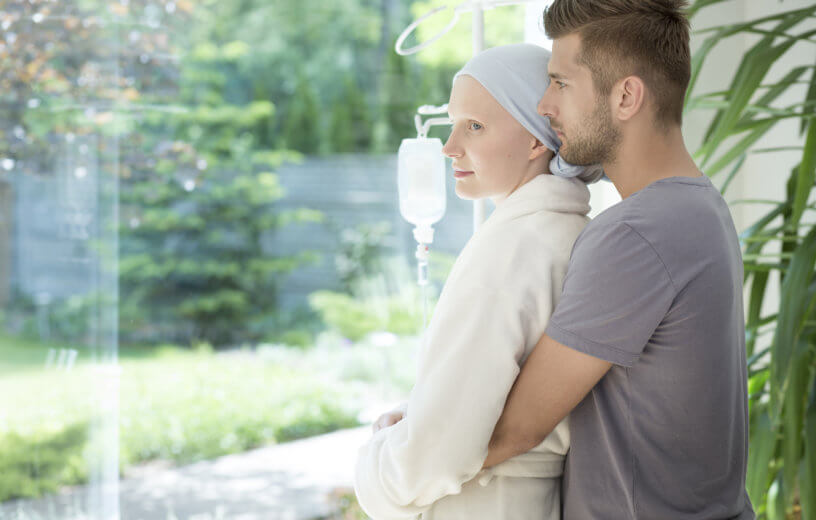It was the shocking revelation heard around the world when, on March 22, the Princess of Wales Catherine Middleton informed the public that she had cancer. She is only 42 years-old. Her diagnosis reflects the rapidly accelerating number of cancer cases among adults younger than 50.
What are the instigators of the increasingly alarming global surge of advanced, aggressive cancers in younger people? Is there anything you can do to protect yourself? These are good questions but without definitive answers.
Data from the United Kingdom show that since the early 1990s, cancer in people younger than 50 has risen by 22 percent. In the United States, cancer in people younger than 40 has risen by a shocking 35 percent from 1975 to 2019. This phenomenon is so frequent that it has been given its own diagnostic category: early-onset cancers. Some physicians are calling it an epidemic.
A recent study in the British Medical Journal describes 29 types of cancer, which, in people younger than 50, are increasing at an accelerating pace. The steepest growth is seen in higher-income countries, including the U.S. and Western European nations.
There has been a dramatic increase in cancer screening in younger adults, decreasing cancer deaths, but it does not explain the rise in cancer cases. More advanced tumors and more aggressive tumors are found in these younger adults compared to those 50 years and older.
Screening would yield earlier-stage cancers. These are young, healthy, active people, however, who eat well and have no genetic predisposition to cancer. This includes Chadwick Boseman, an actor best known for the movie “Black Panther.” At age 39, he was diagnosed with Stage III colon cancer. He continued to perform until he died at age 43.
Scientists speculate that the earlier-in-life cancers are attributable, at least in part, to unhealthy habits. Poor diet, low physical activity, and insufficient sleep, however, can’t explain cancers in healthy young adults.

Cancers Of The Digestive System A Growing Concern For Younger Adults
Cancers of the gastrointestinal (GI) tract are especially prevalent and aggressive. A recent study in Nature identified 14 cancers detected with increasing frequency in young adults; eight are related to the GI tract. These include the colon, rectum, esophagus, stomach, bile duct, gallbladder, liver, and pancreas. Colorectal cancers spiked first.
A recent study in JAMA reports that colorectal cancer is the most common cancer in people younger than 50. Twenty percent of colorectal cancers occur in people younger than age 55. The American Cancer Society reports that in the early 1990s, it was 10 percent.
A cancer diagnosis in your 30s and 40s has unique stage-of-life challenges. These patients may have young families, care for elderly parents, have careers with considerable time demands, and have less money for medical bills. Yale and the Cleveland Clinic have programs designed just for services to these young adults.
You might also be interested in:
- More young adults developing gastrointestinal cancers — and doctors don’t know why
- Colorectal cancer screening age lowered to 45 as cases skyrocket among younger adults
- Kate Middleton Is Having ‘Preventive Chemotherapy’ For Cancer. What Does This Mean?
- Scientists Create Designer Chromosomes In Landmark Genetic Engineering Feat

Almost all doctors and PhD forgot the millions years of evolution.
All cancers today are result of ignoring evolution.
Fast food (ultra process food), artificial and synthetic ingredients, additional salt and sugar,
high temperature of preparing meat (mostly at restaurants). Plus, not enough raw vegetables and fruits. Plus, consuming concentrated vitamins and supplements.
All these food are dangerous for us. Don’t trust FDA or CDC. They advices are the edge between businesses (making money) and food. If we live according evolution many of the businesses will be closed. If you smart enough, eat raw food without additive and you will be clear of any cancers.
Our diets! All the preservatives, the bad oil. 90% of what you get in the store is bad for you. unless you pay more and get organic or grow your own.
Earthing! We switched from leather shoe soles [allow electron drift from earth to feet] to synthetic soles [insulative]. A subset of the data should be people that touch the earth a half hour a day or more or work with grounding straps.
Something is wrong with an article that fails to mention the dramatic change over the past several decades in a condition implicated in many forms of cancer and a suspect in many other forms.
In contrast to 1950, when approximately 5% of US males were obese, that number today is 42%. Percent changes for US women are comparable but slightly higher. Today’s highly refined and processed foods are a co-factor in both obesity and cancer but the biochemistry of obesity is more likely to be the primary cause.
Thank you for your comment. Your concern was addressed within the article: “Scientists speculate that the earlier-in-life cancers are attributable, at least in part, to unhealthy habits. Poor diet, low physical activity, and insufficient sleep, however, can’t explain cancers in healthy young adults.” It is also addressed in some of the resources for which readers are supplied links.